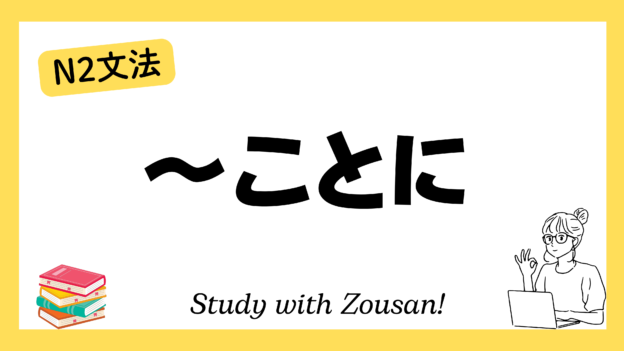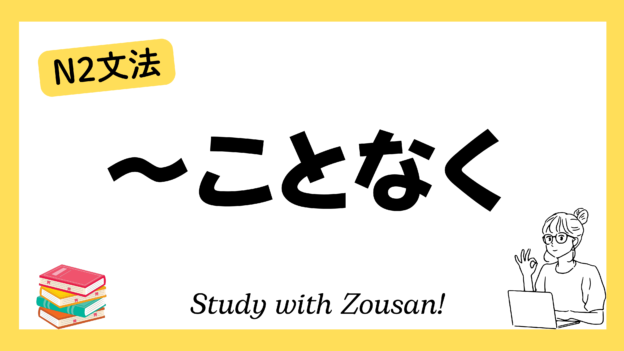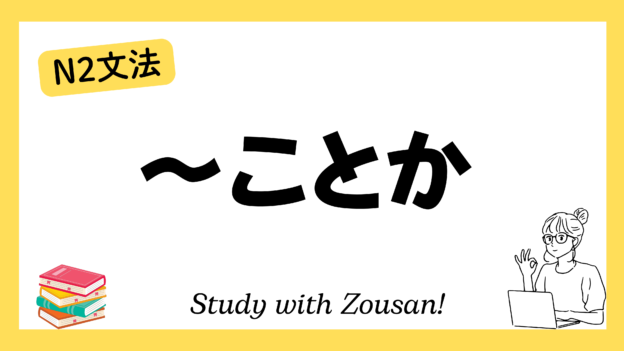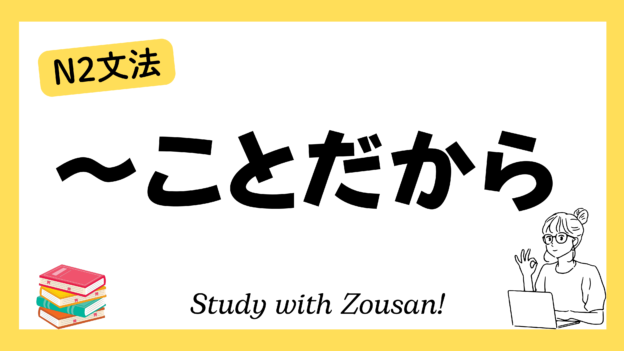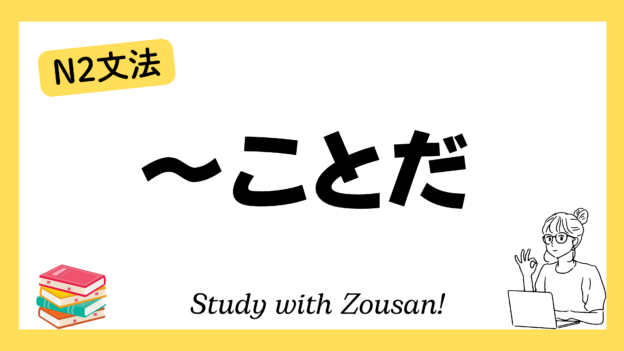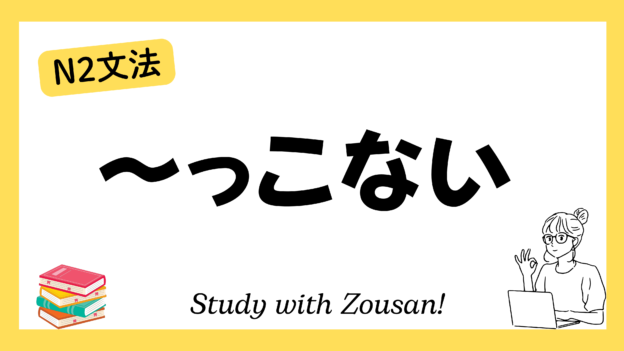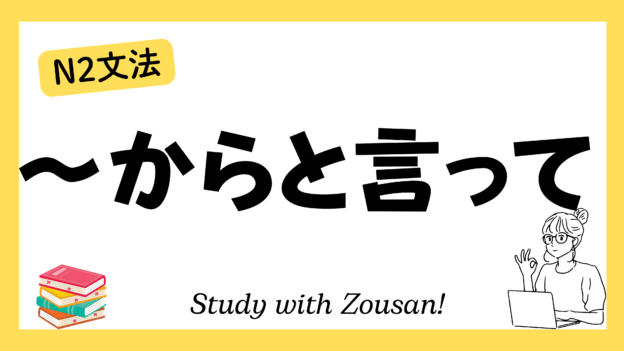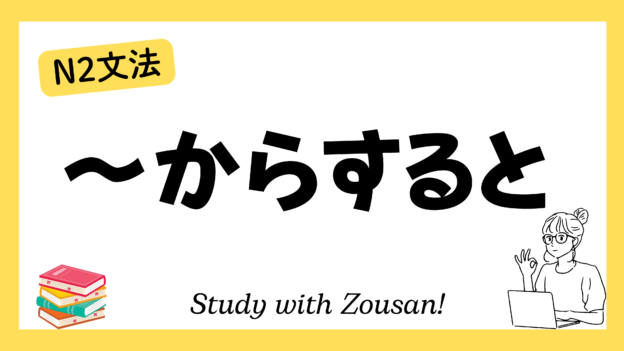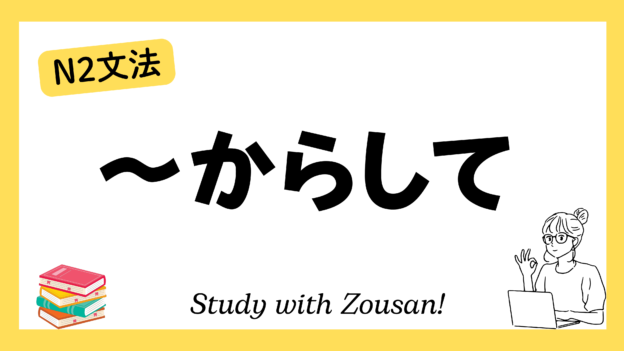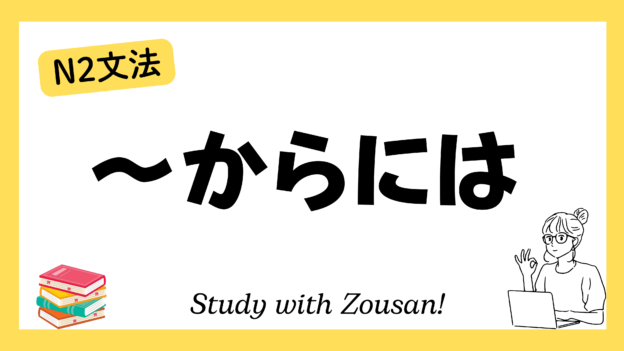Meaning: “To my…” / “It is truly…”
The structure ~ことに is used to express the speaker’s strong emotions about a particular situation or event. It is often paired with words indicating emotions like “驚いた” (surprised), “嬉しい” (happy), “悲しい” (sad), “残念” (regrettable), etc., to emphasize the speaker’s level of emotion toward the mentioned event.
※Note:
・~ことに is typically used in written language or formal situations to convey the speaker’s deep feelings.
・This structure emphasizes and clarifies the speaker’s subjective feelings about the situation or event that occurred.
Structure:
| Verb (た form) | + ことに |
| な-adjective + な | |
| い-adjective |
Example:
-
-
-
🌟 驚いたことに、彼はもうその問題を解決していた。
(おどろいた ことに、かれ は もう その もんだい を かいけつ して いた)
To my surprise, he had already solved the problem. -
🌟 残念なことに、試験に落ちてしまった。
(ざんねん な ことに、しけん に おちて しまった)
Regrettably, I failed the exam. -
🌟 嬉しいことに、彼女が合格したという知らせを聞いた。
(うれしい ことに、かのじょ が ごうかく した という しらせ を きいた)
To my delight, I heard the news that she passed. -
🌟 驚いたことに、彼はその事実を知っていた。
(おどろいた ことに、かれ は その じじつ を しって いた)
To my astonishment, he already knew the fact. -
🌟 悲しいことに、彼とは別れることになった。
(かなしい ことに、かれ とは わかれる こと に なった)
Sadly, I ended up breaking up with him. -
🌟 驚いたことに、彼は一晩で本を読み終えた。
(おどろいた ことに、かれ は ひとばん で ほん を よみおえた)
To my surprise, he finished reading the book in one night. -
🌟 幸いなことに、大きな事故にはならなかった。
(さいわい な ことに、おおき な じこ に は ならなかった)
Fortunately, it didn’t turn into a major accident. -
🌟 不思議なことに、彼女は何も言わなかった。
(ふしぎ な ことに、かのじょ は なにも いわなかった)
Strangely, she didn’t say anything. -
🌟 驚いたことに、彼女は仕事を辞めることにした。
(おどろいた ことに、かのじょ は しごと を やめる こと に した)
To my surprise, she decided to quit her job. -
🌟 幸せなことに、私たちはまた会えることになった。
(しあわせ な ことに、わたしたち は また あえる こと に なった)
Happily, we got the chance to meet again.
-
-


